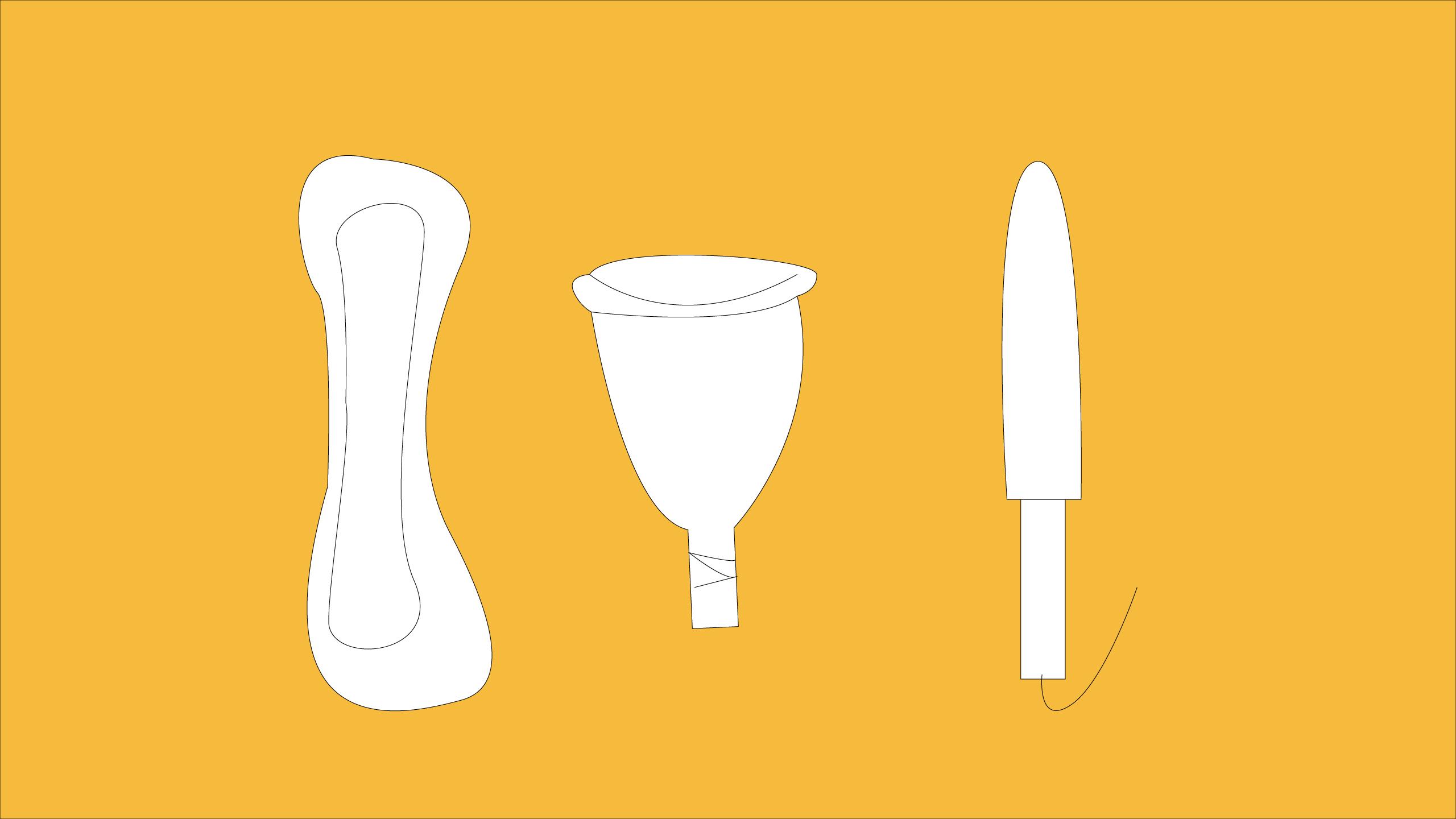By Mira Miller
As a child, Halima Al-Hatimy experienced frequent abuse at home. As punishment, her father would often withhold menstrual products, leaving her to sometimes steal or beg for money on the street.
“I started FemCare because I needed FemCare,” said Al-Hatimy.
FemCare is a community organization based in Hamilton. They aim to change the way we think, talk and address women’s health. Al-Hatimy is a Ryerson masters student in health administration and started FemCare to help other women with experiences like her own.
“We couldn’t afford menstrual products and it wasn’t just an issue with me,” she said. “I noticed that all the poor women, women with a low socio-economic status, weren’t able to afford these products so they were using cotton pads. They’d buy rolls of cotton and just cut them up and use that, which is extremely unhygienic.”
In March of 2015, in honour of International Women’s Month, Al-Hatimy took to Facebook seeking help to organize a free menstrual products drive for women and trans women who are experiencing homelessness. She received an overwhelmingly positive response.
The first drive received almost $5,000 in donations. It was so well-received by the Hamilton community that they asked her to continue her efforts.
“It’s actually about educating ourselves, getting involved, having the courage to share our stories, then working collaboratively to make the change that’s necessary because you literally can save a woman or girl’s life by doing so,” she said
In March 2018, Al-Hatimy registered FemCare as an official non-profit organization.
“We’re not just trying to get products for homeless women, we’re also trying to rewrite the narrative around menstruation,” she said, adding she wants to go global and make policy changes, it’s still a “taboo subject.”
Al-Hatimy lives with multiple health conditions such as endometriosis—a disorder that causes extreme pain during menstruation and can affect fertility. She also has a premenstrual dysphoric disorder, which can cause depression and suicidal thoughts before menstruation. It’s a disorder that affects 10 per cent of women, according to a 2009 report by Endometriosis.org.
She explained that it took years of suffering in order to receive diagnoses because of the lack of research done around women’s health.
Al-Hatimy wants more research to be done on menstrual health, mental health and overall health while understanding how they interplay.
She added that Ryerson is partially to thank for the success of FemCare, because of the guidance her professors provided and the access to free legal counselling.
“I’m very disruptive in my entrepreneurship. I love going against the grain. I love upsetting people’s paradigms. I like being controversial because I think that’s the only way that we can actually get real change going,” she said.
“By breaking the stigma we can transform our communities and transform people, help uplift people, and give people hope in a time of despair.”













Leave a Reply